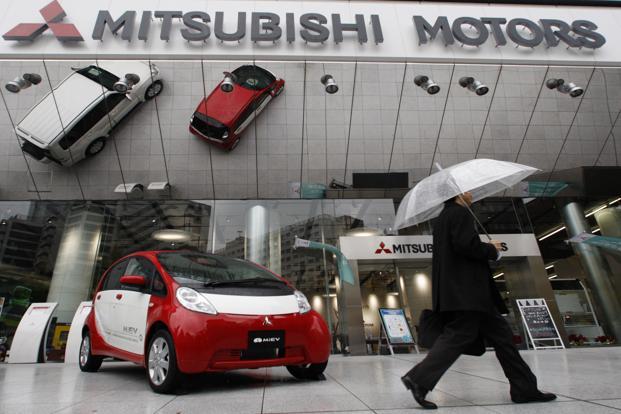-
Tips for becoming a good boxer - November 6, 2020
-
7 expert tips for making your hens night a memorable one - November 6, 2020
-
5 reasons to host your Christmas party on a cruise boat - November 6, 2020
-
What to do when you’re charged with a crime - November 6, 2020
-
Should you get one or multiple dogs? Here’s all you need to know - November 3, 2020
-
A Guide: How to Build Your Very Own Magic Mirror - February 14, 2019
-
Our Top Inspirational Baseball Stars - November 24, 2018
-
Five Tech Tools That Will Help You Turn Your Blog into a Business - November 24, 2018
-
How to Indulge on Vacation without Expanding Your Waist - November 9, 2018
-
5 Strategies for Businesses to Appeal to Today’s Increasingly Mobile-Crazed Customers - November 9, 2018
Mitsubishi manipulated rolling resistance for fuel econ ratings
The applicable cars are four mini-car models, two of which are the eK Wagon and eK Space which have been manufactured by Mitsubishi Motors. Some models that were made for Nissan were also included.
Advertisement
They tested vehicles using tyre and air resistance that yielded better fuel economy than actual rates.
Mitsubishi Motors, which also makes the Outlander sport-utility vehicle and the i-MiEV electric auto, said it is setting up a panel of outsiders to investigate the latest scandal.
Mitsubishi said since it had developed the applicable cars, it was responsible for obtaining the relevant certifications, and accordingly conducted the fuel consumption testing.
Transport ministry officials in Japan raided a Mitsubishi Motors office Thursday after the automaker admitted it had manipulated fuel-economy tests in about 625,000 vehicles.
Improper methods were allegedly used to make many Japanese domestic market models appear more fuel-efficient, although these may not actually have been deemed street-worthy.
157,000 of Mitsubishi’s cars were found to have had falsified emissions data, along with 468,000 cars that the company was producing on behalf of fellow Japanese manufacturer Nissan. The two Japanese automakers have collaborated on tiny automobiles such as the Mitsubishi eK and the Nissan Dayz, which are very popular in the Japanese nation.
The company said it would investigate whether data were altered for vehicles sold overseas.
The announcement represented another scandal for an industry still reeling from the fallout of the diesel emissions cheating at VW – due to reach court in the U.S. later on Thursday.
Volkswagen has a fund of almost AUD$10 billion to deal with its potential damage costs.
Sugiura said the new issue is again bad for the automaker’s image, adding that this scandal will certainly not help in rebuilding its reputation. He also said that that the testing process did not follow standards in the country set in 2002.
Advertisement
In November 2012, South Korean carmakers Hyundai and Kia admitted to overstating the fuel economy for “more than a third of the vehicles they sold in the US” since 2010.





























